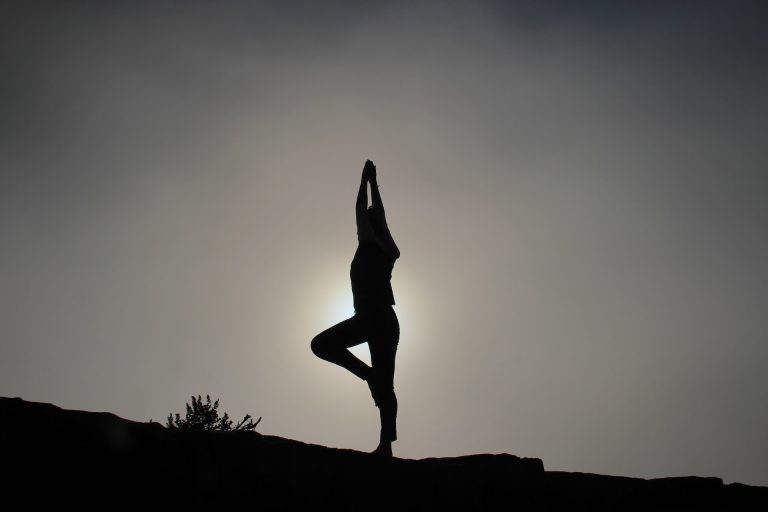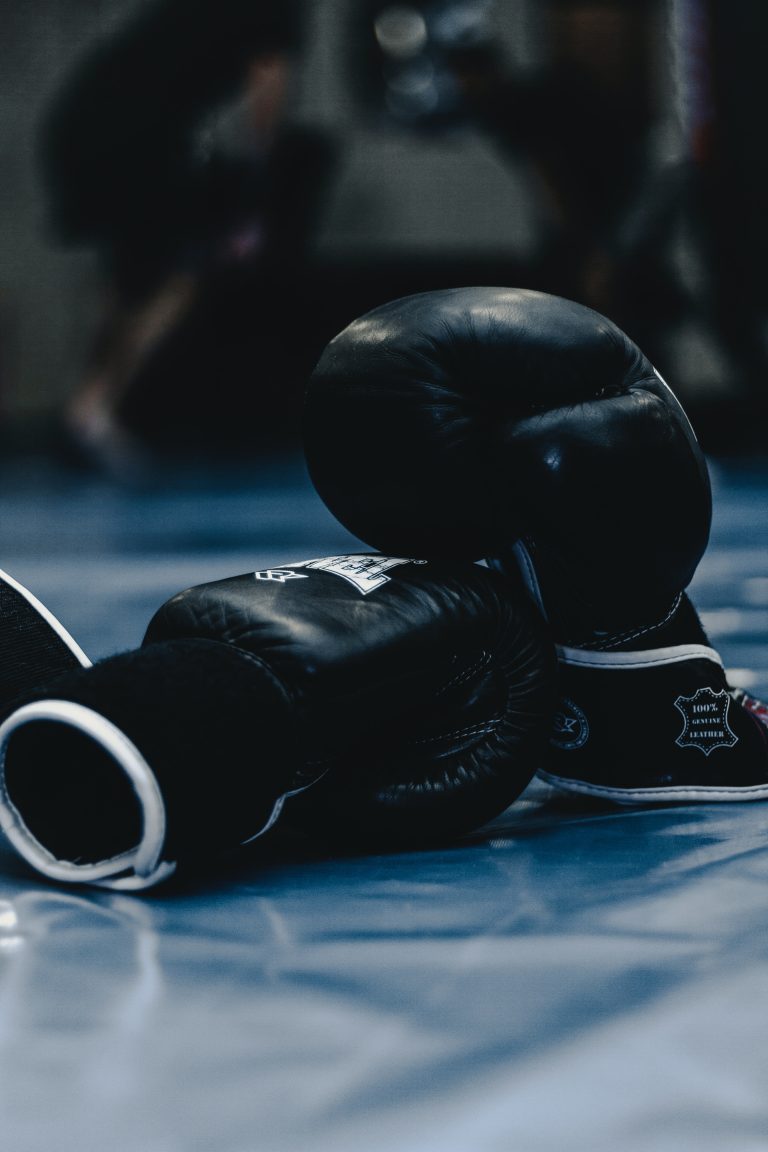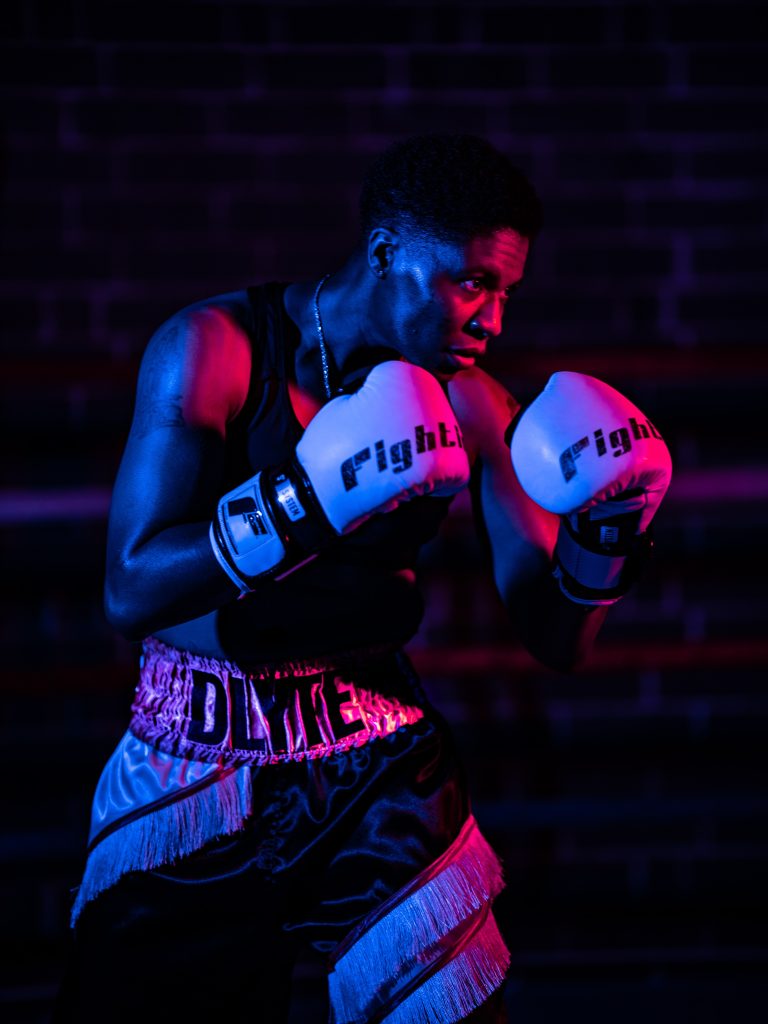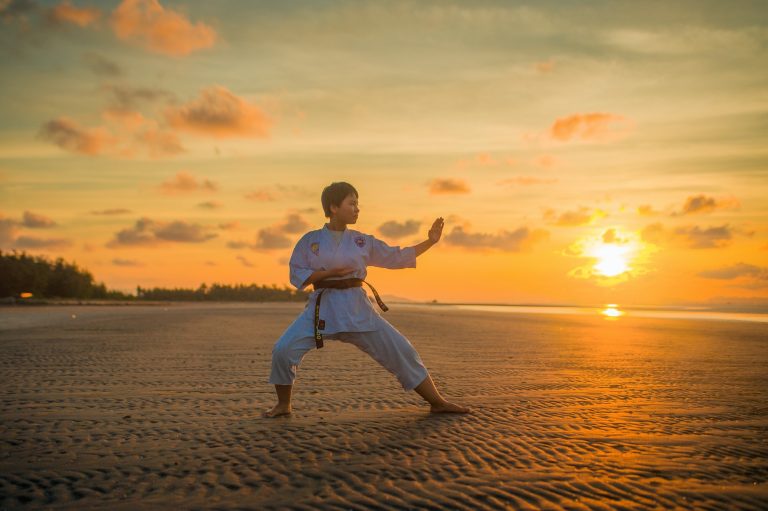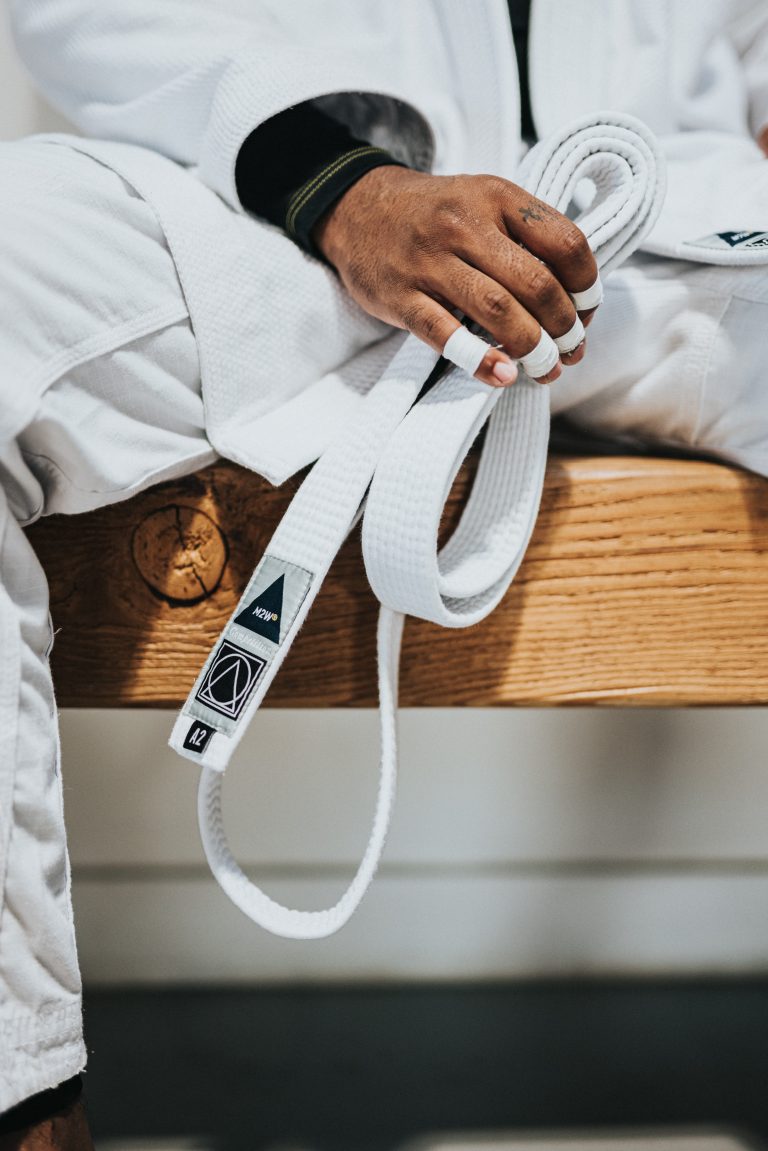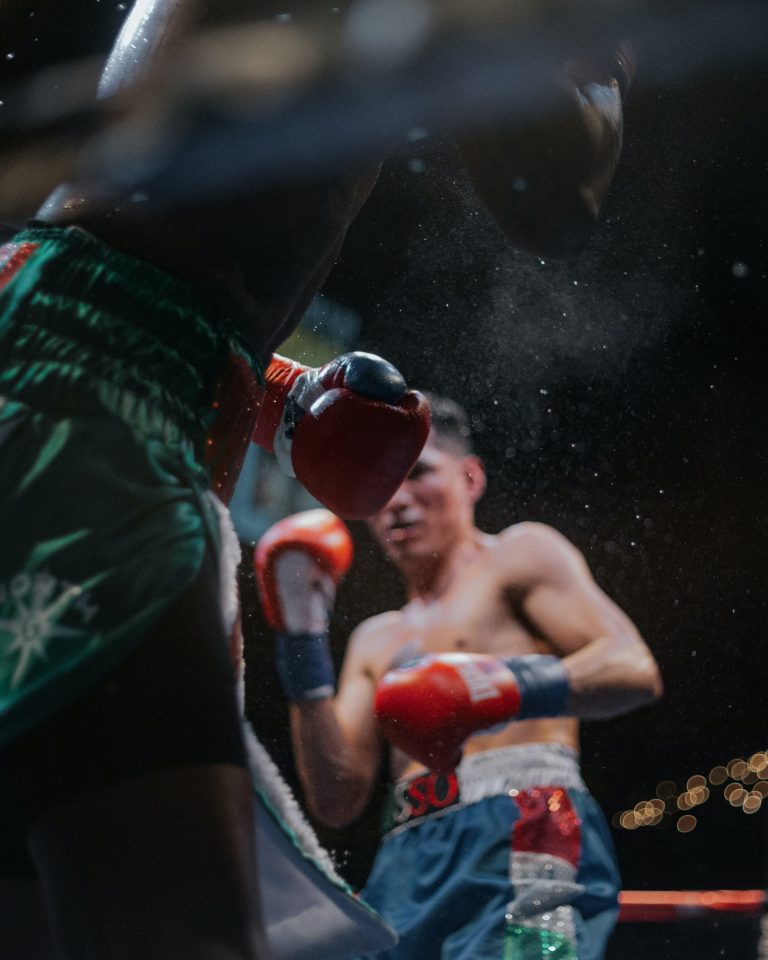Can Karate Students Learn Through Meditation?
Karate is a martial art that originated in Okinawa, Japan, in the early 20th century. It teaches self-defense techniques using striking, punching, and kicking movements. However, many people don’t know that karate has a strong connection to meditation. Meditation is an essential aspect of the practice of karate.
As a karate student, it’s essential to learn how to meditate. Meditation can help you achieve physical and mental balance, enhance flexibility and coordination, and improve your overall health. Through meditation, karate students can train their minds and bodies to work together as a cohesive force.
Meditation and Karate
Karate is not just about learning kicks and punches; it’s also about mental and spiritual development. Meditation is a vital part of this development. Karate students practice a unique form of meditation called Zazen or seated meditation. In this practice, they sit in a specific position and focus on their breathing to quiet their minds and clear their thoughts.
Zazen is a form of meditation that focuses on awareness and being present in the moment. By practicing Zazen, karate students can learn to stay calm and focused under stressful situations. Zazen helps to improve concentration, which is vital in the practice of karate.
Through meditation, karate students can also learn to control their breathing. Proper breathing is crucial in karate as it enhances one’s strength, endurance, and overall performance. Through controlled breathing, the karate student can gain control over their physical and mental states. This control translates into their karate practice, making it more effective and efficient.
The Benefits of Meditation for Karate Students
There are several benefits of meditation for karate students. One of the most significant benefits is that it increases a student’s focus and concentration. This heightened focus and concentration, in turn, improve the student’s ability to memorize and execute movements correctly.
Meditation also helps to relieve stress and anxiety, which is incredibly beneficial in the practice of karate. Karate students often find that they feel more at ease and confident in their abilities after practicing meditation. This newfound confidence reflects in their karate performance, as they are better able to execute techniques with ease and precision.
Another benefit of meditation for karate students is that it enhances physical flexibility and coordination. Through regular meditation practice, students can gain better control over their bodies, making it easier to execute complex movements and techniques.
Conclusion
In conclusion, meditation is a crucial component of karate practice. Through meditation, karate students can learn to develop their minds and bodies in harmony. This balance allows them to become better martial artists, with greater focus, concentration, and physical capabilities.
If you’re a karate student, make sure not to overlook the importance of meditation in your practice. It may seem simple, but the benefits are immense. Take the time to learn and practice meditation, and you’ll find that it greatly enhances your karate skills.
Can Karate Students Learn Through Meditation? Frequently Asked Questions
Karate is a form of martial art that has been growing in popularity across the globe due to its numerous health and mental benefits. Karate training requires not only physical strength and endurance but also a strong mindset. A key component of this strong mindset is the development of mental focus and clarity, which can be achieved through meditation. In this blog post, we will discuss some of the most frequently asked questions about whether Karate students can learn through meditation.
What is Meditation in Karate?
Meditation in Karate is a method of training the mind to be present, focused, and calm. It involves taking some time to quiet the mind, focusing the attention inward, and setting aside any distracting thoughts. The purpose of meditation is to calm the mind and prevent it from being distracted by the external environment or thoughts.
What are the Benefits of Meditation for Karate Students?
There are many benefits of incorporating meditation into Karate training, including:
Better Focus and Concentration
Meditation helps to increase focus and concentration, which is essential for practicing Karate. By practicing meditation regularly, Karate students can improve their ability to focus on specific movements or techniques during training.
Reduced Stress Levels
Karate training can be physically and mentally demanding, leading to high levels of stress. Meditation can help to reduce stress levels by promoting mental calmness and reducing the feelings of anxiety and tension.
Improved Mental Clarity
Meditation can help to improve mental clarity and provide a deep sense of mental calmness. By regularly practicing meditation, Karate students can develop the ability to remain focused and clear-minded, even in high-pressure situations.
Enhanced Physical Performance
Meditation can also help to enhance physical performance by improving muscle relaxation, reducing excess tension in the body, and increasing overall body awareness.
How Can Karate Students Learn Meditation?
Learning to meditate requires patience, commitment, and practice. To start with, Karate students can try incorporating a few minutes of meditation into their daily routine. They can start by finding a quiet and comfortable place to sit and focus on their breath. The goal is to clear the mind and focus the attention on the present moment.
What is the Best Time to Meditate for Karate Students?
The best time to meditate for Karate students is when they can be fully present and focused. Many people find it helpful to meditate first thing in the morning, before starting their daily routine. Others prefer to meditate before or after Karate training sessions.
How Long Should a Karate Student Meditate for?
The length of meditation time for Karate students will depend on their individual goals and needs. Beginners should start with short, five-minute sessions and gradually increase the time as their ability to concentrate improves. More experienced meditators may meditate for an hour or more each day.
What Are the Different Types of Meditation?
There are several types of meditation, each with its own unique benefits. Some of the most common types of meditation include:
Guided Meditation
Guided meditation is a form of meditation that involves a guided audio track or video that is specifically designed to guide the meditator through the different stages of meditation.
Transcendental Meditation
Transcendental Meditation is a technique that involves the use of a mantra or sound to focus the mind and enable the meditator to reach a state of deep relaxation.
Vipassana Meditation
Vipassana meditation is a type of meditation that involves the observation of the breath and the body, with the aim of developing insight into the true nature of reality.
Conclusion
Meditation is an incredibly powerful tool that can help Karate students to not only improve their physical performance but also their mental clarity and focus. By incorporating meditation into their daily routine, Karate students can develop a strong and disciplined mindset that will help them to excel not only in Karate but also in other areas of their lives.
Inhaltsverzeichnis

